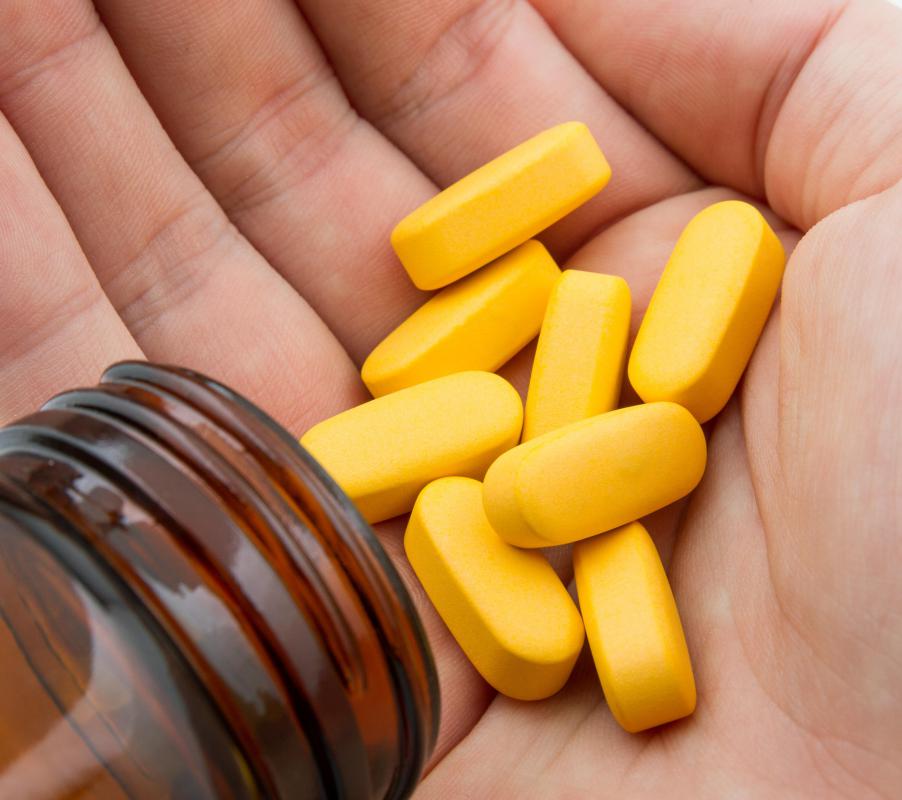At TheHealthBoard, we're committed to delivering accurate, trustworthy information. Our expert-authored content is rigorously fact-checked and sourced from credible authorities. Discover how we uphold the highest standards in providing you with reliable knowledge.
What is Folate?
Folate is the natural source of vitamin B9 found in a variety of foods, most often, in leafy green vegetables, dried beans, and peas. When it is used as an additive in foods, generally in bread, grains or breakfast cereal, or when it is taken as a supplement, it is called folic acid. It is an important vitamin, especially when taken by women who are pregnant, planning to get pregnant, or nursing.
Production and rapid division of new cells are assisted by folate. It helps to make both DNA and RNA. It can reduce chances of getting some forms of anemia and may help to prevent cancer. Its most important use is for women who are trying to get pregnant because it has been shown to significantly reduce certain birth defects, called neural tube defects. All women attempting to get pregnant should begin taking a supplement containing this substance a few months before trying to conceive, and should continue taking folic acid throughout their pregnancy and while nursing.

While many vitamins are taken in milligram doses, folate is taken in microgram doses. The recommended daily allowance (RDA) of this substance for adults is 400 micrograms (mcg), or .4 milligrams. Pregnant and nursing women should take 500 mcg, and may require a prescribed folic acid supplement. As beneficial as this substance can be to the body, too much can mask the symptoms of vitamin B12 deficiency that can result in anemia.

The danger of vitamin B12 deficiency when combined with adequate or overdoses of folic acid, is that folate tends to reduce most symptoms associated with inadequate intake of B12. Unfortunately, it doesn’t correct ongoing damage to the nerves. When the deficiency is not diagnosed and treated effectively, permanent nerve damage can occur.
Levels of folate need to be watched among certain groups because they may be too low. It is all about providing balance. Certain medications interfere with the absorption of this substance including methotrexate, anti-convulsants like dilantin, and diuretics like triamterene. Certain conditions like alcoholism, poor absorption of food, diseases of the bowel, kidney disease, or liver disease may mean folate is excreted before it is used, or never properly absorbed.
Folate deficiency can sometimes be shown through symptoms like slow growth (in children), poor appetite, weight loss, headaches, and diarrhea. These symptoms can be minor or not present at all.

In addition to being an important nutrient in the prevention of birth defects, this substance has several other benefits to the body. It lowers the level of homocysteine in the body, which when elevated, has been linked to greater risk for stroke and heart disease. Medical researchers have suggested that too little folate in the diet may be a causal factor in certain cancers, like breast cancer, colon cancer and pancreatic cancer. This substance can also help address the cell destroying aspects of methotrexate, which is used in high doses to kill cancer cells, and in low doses to treat a number of autoimmune diseases.
AS FEATURED ON:
AS FEATURED ON:

















Discussion Comments
I'm wondering why folate is bad for people with low neurotransmitter/high histamine levels. I read an article by Dr. Walsh who treats people with under/over methylation. He said for undermethylated people, folate is not good. Why? What does folate do?
What are the repercussions of a high folate number? I am 69 years old.
My hematopatholoy report showed that folate is 36.20H and my vitamin B12 is 1094.00H what does all this mean. thank you
why is my folate 20?
what if folate count is high?? mine is 24......
For good health the recommendation is 700 micrograms of folate a day. The best way is to get it by eating plenty of green leafy vegetable.
Folates can also be taken as supplements. However, one recent study found that taking folates in supplement form does not have the same protective effect as eating green vegetable in the case of pancreatic cancer prevention.
What if you have too much folate in your system?
Post your comments